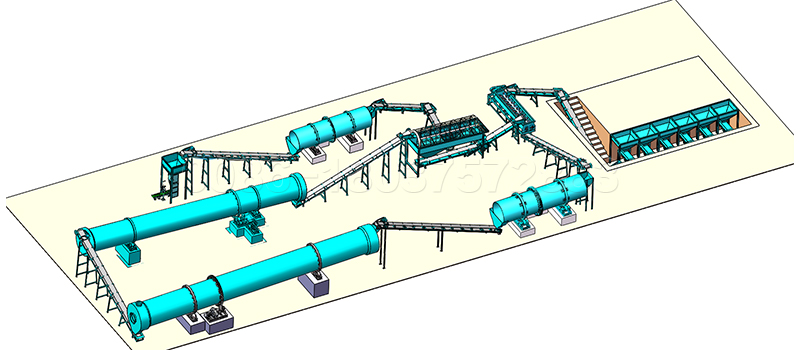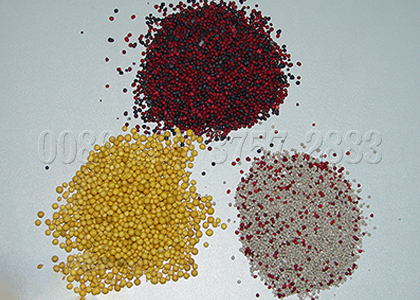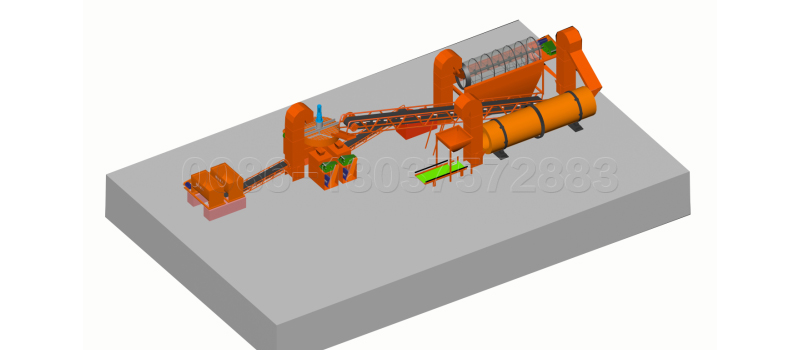The composition of organic fertilizer is complex, and rational application is very important. Fertilizer granulator equipment manufacturers suggest that we pay attention to the following two points.
1. Organic fertilizer should be fully decomposed before application. If some animal manure, such as pig manure, cow manure and sheep manure, is directly applied to the soil without fermentation and decomposition, the decomposed organic fertilizer in the soil will be decomposed and fermented by microorganisms, and the ammonia produced is easy to cause crop root burning, and some will breed weeds and spread diseases and pests.

We advocate using a dumper to fully ferment manure before application. After the compost is wetted with water, it is put into the fermentation tank to make the temperature reach 35-40 ℃. When feces are fully fermented at high temperature, it can kill insect eggs and weed seeds in compost, which is safer and more effective.
2. Organic fertilizer should not be too thick or applied too much. Especially when fertilizing dry land crops, if organic fertilizer is applied directly between rows or near the roots of crops, the concentration around the roots is too high due to the small water holding capacity of dry soil.
After the root system contacts the fertilizer pile, it will cause physiological water loss of crops and form reverse osmosis. Crops not only do not absorb nutrients, but also make water and nutrients in roots exude, resulting in poor growth or withering of crops, but water loss and dead seedlings cause soil nutrient imbalance.
The fertilizer made by NPK fertilizer manufacturing process can not alleviate soil problems, while organic fertilizer plays a great role in soil fertilization.
Therefore, organic fertilizer should be used as the base fertilizer, evenly mixed in the soil and integrated with the soil. When applying organic fertilizer in the growth period, ditch application or hole application should be adopted. Do not spread the pesticide on the ground. Foliar vegetables generally should not be sprayed with high concentration liquid organic fertilizer as foliar fertilizer.



